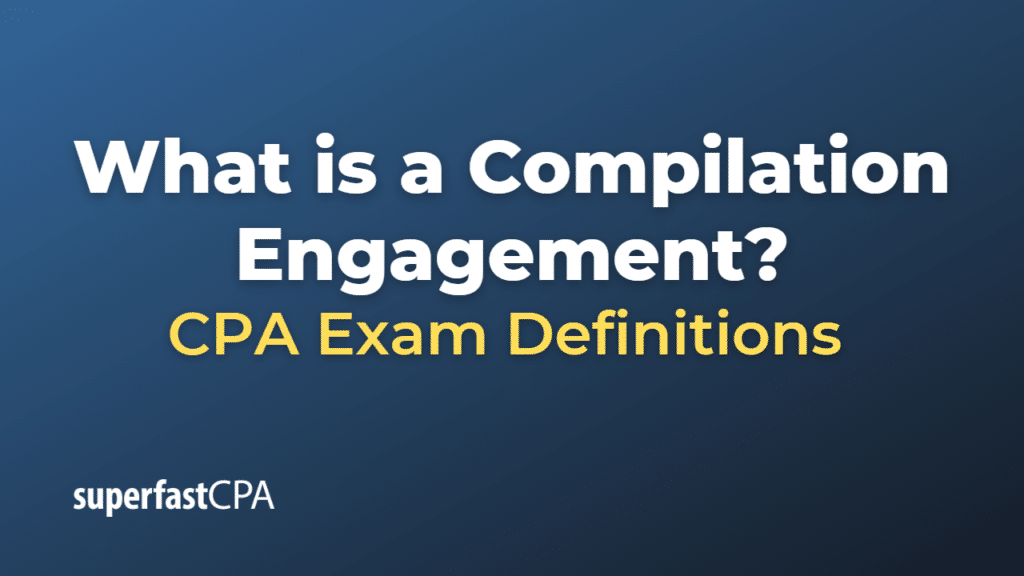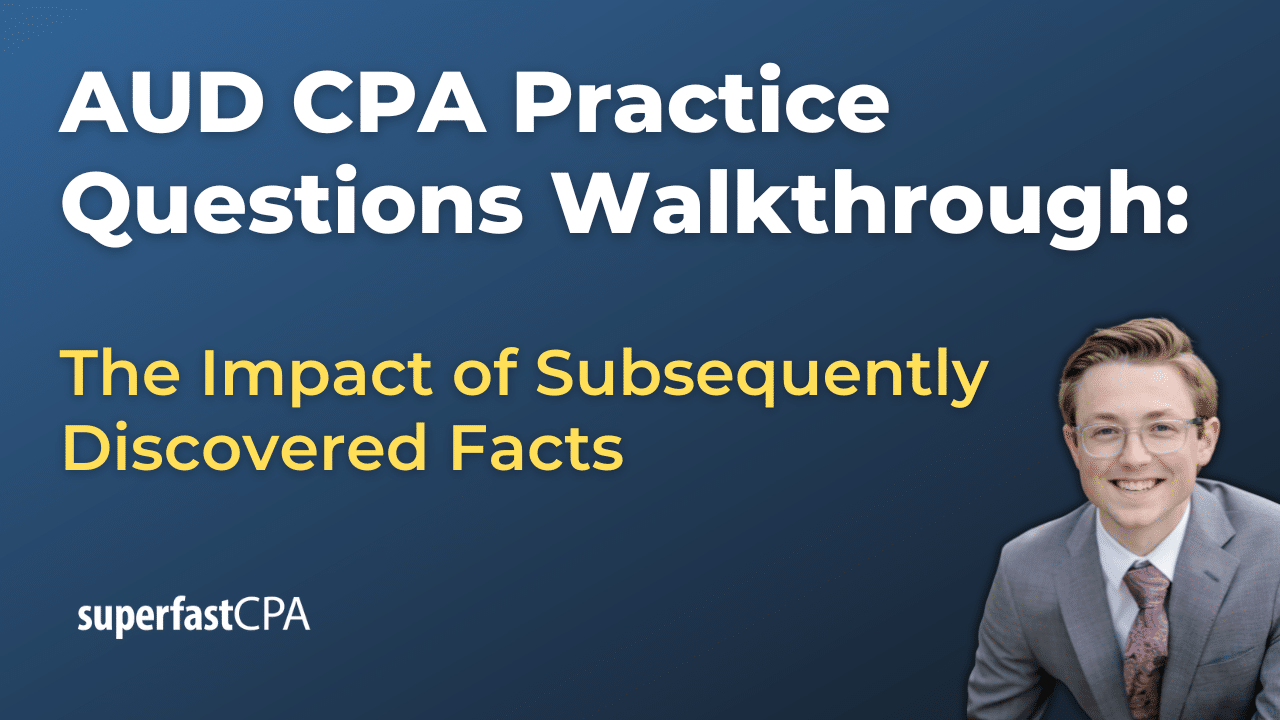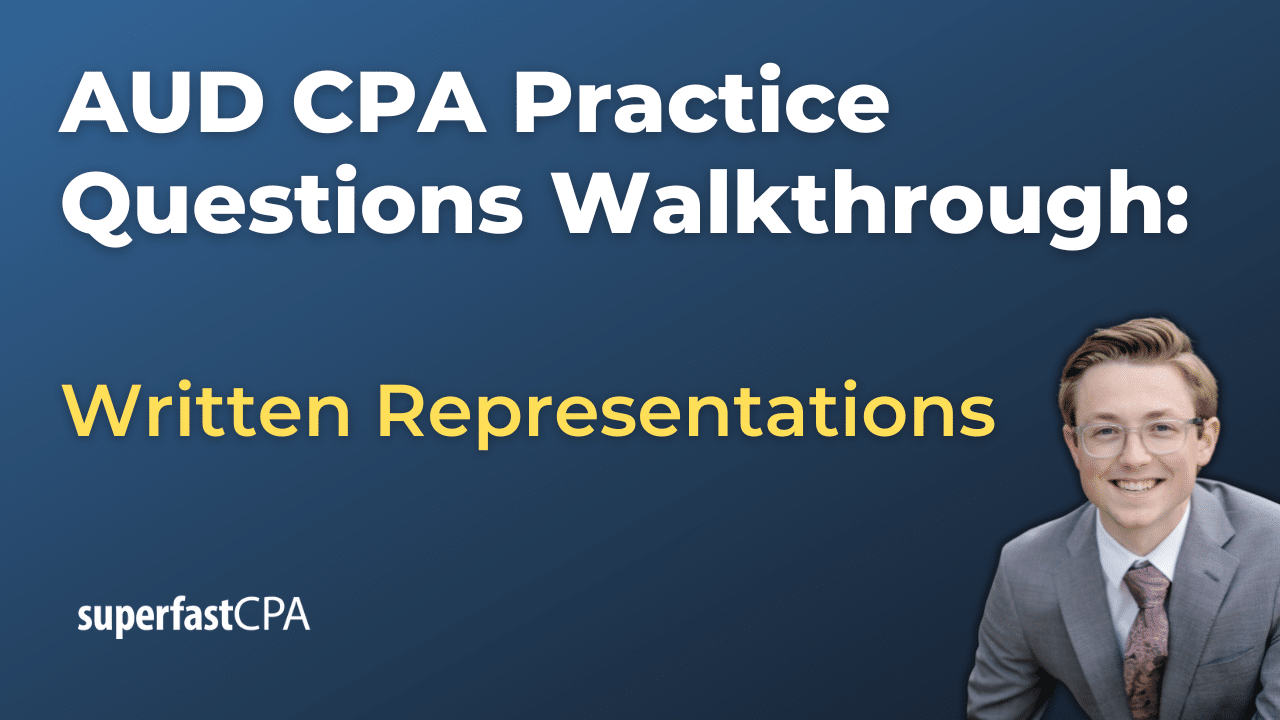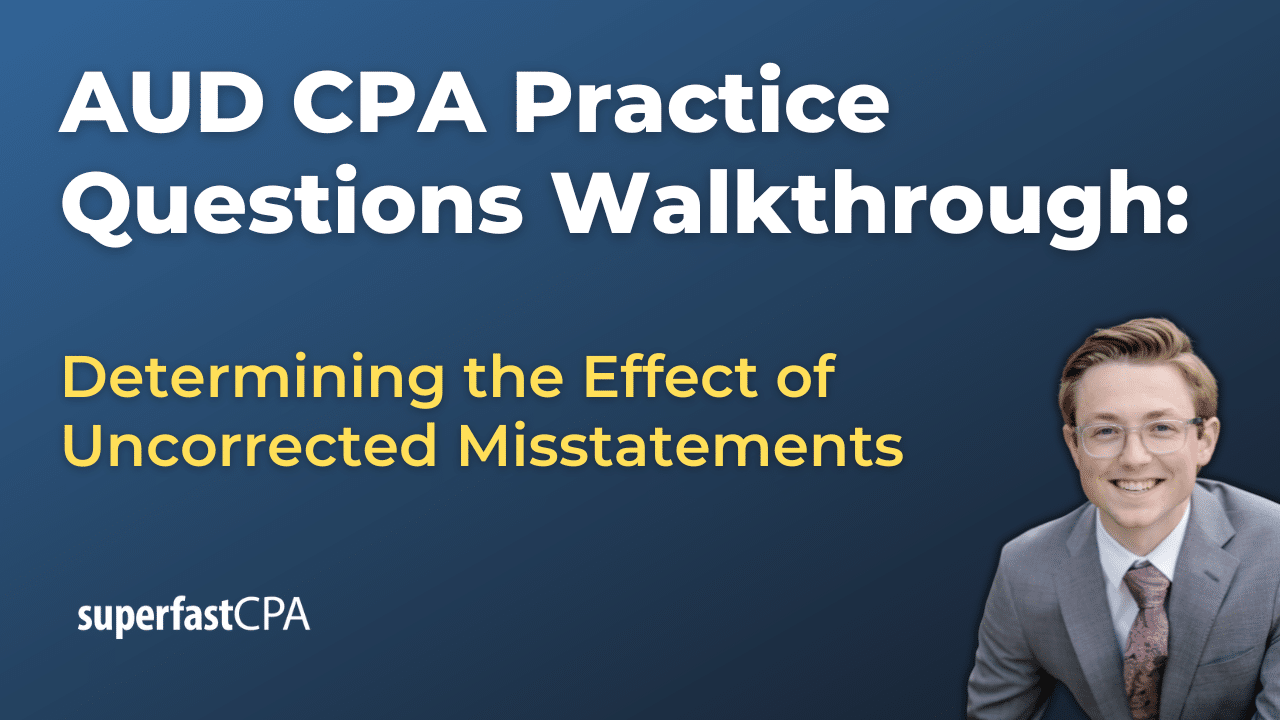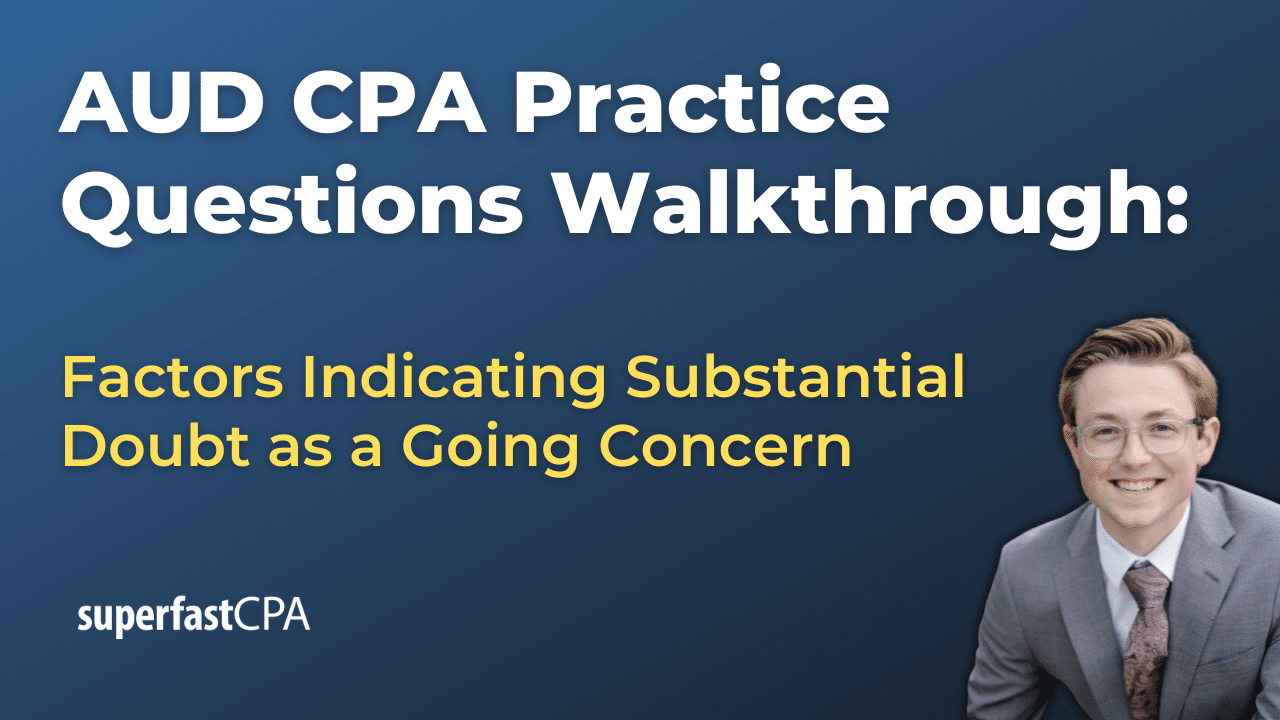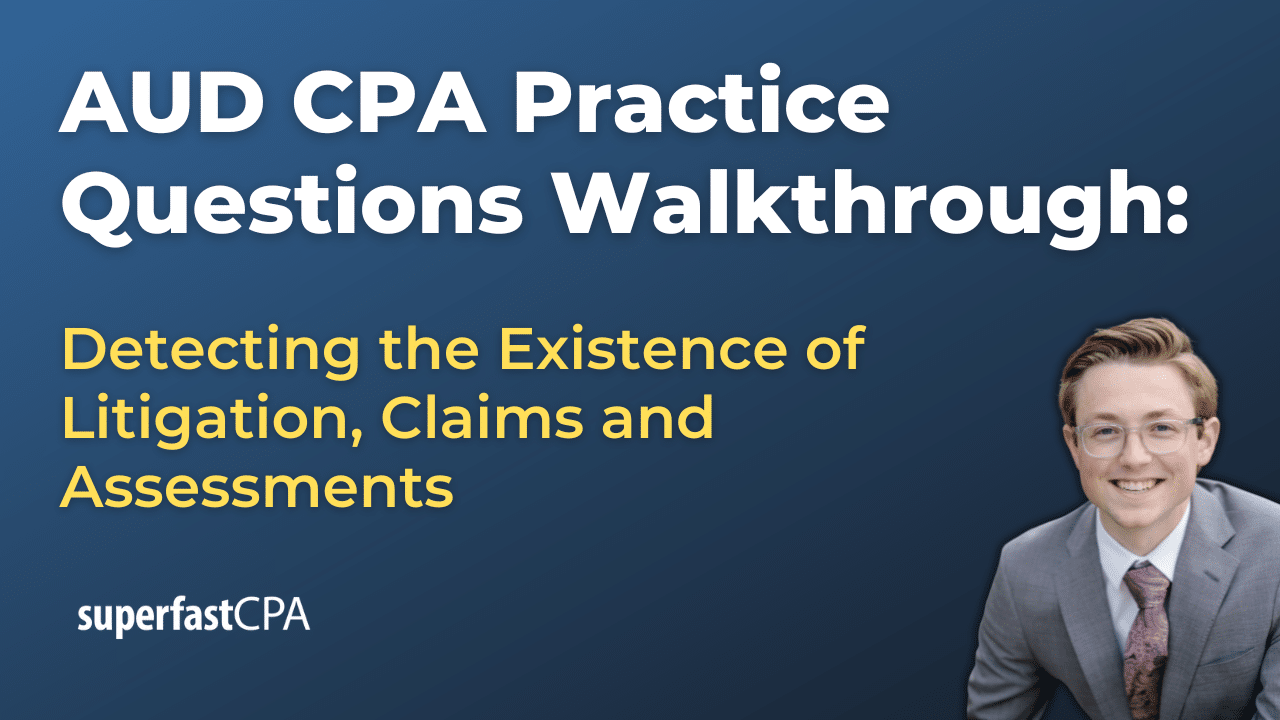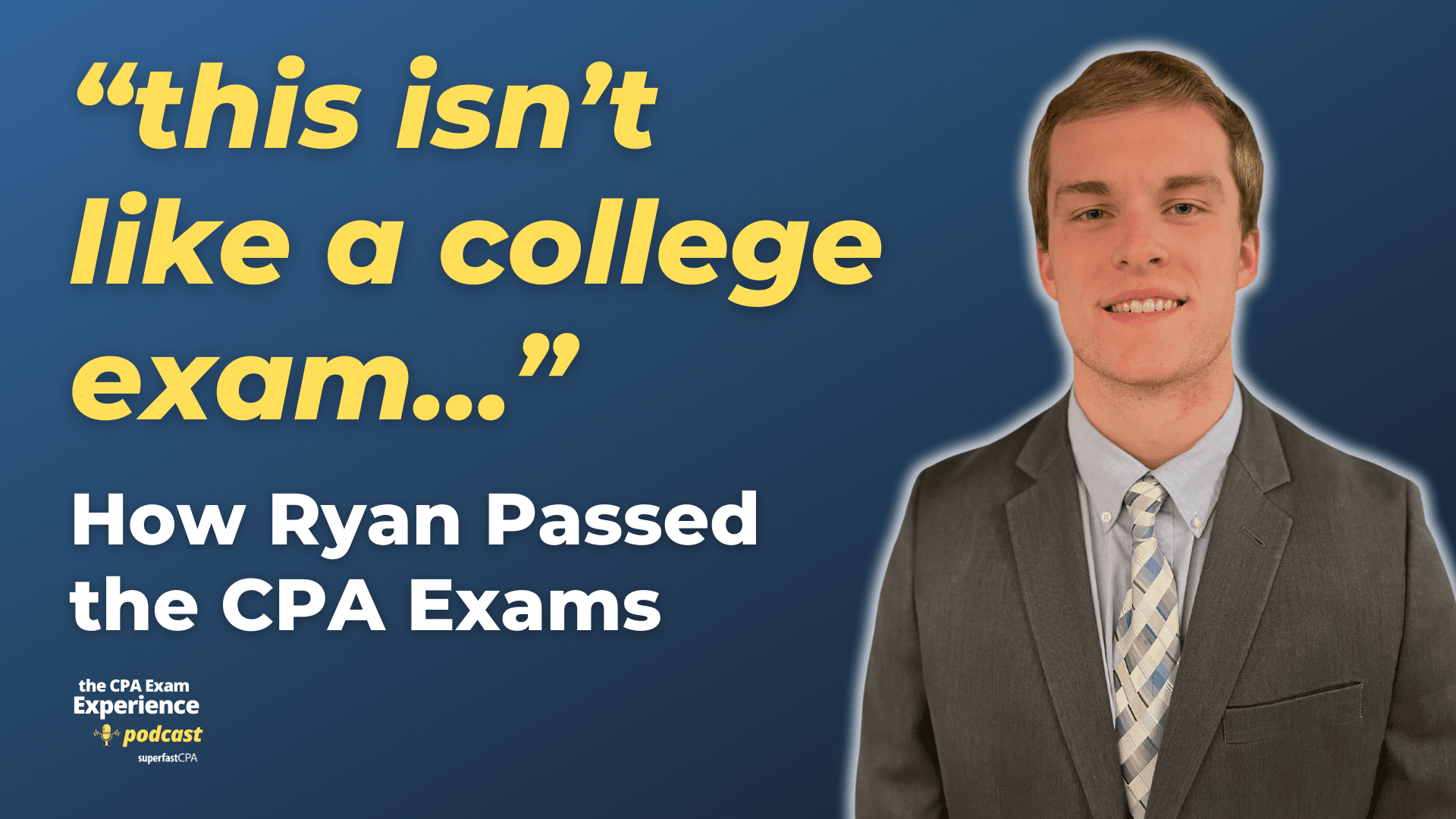Compilation Engagement
A compilation engagement is a type of accounting service provided by a public accountant or a certified public accountant (CPA) to assist a client in presenting their financial information, typically in the form of financial statements. The objective of a compilation engagement is to collect, classify, and summarize the client’s financial data into a clear and comprehensible format, without providing any assurance, verification, or opinion on the accuracy or completeness of the information presented.
During a compilation engagement, the accountant takes the client’s financial information, such as their trial balance, general ledger, and other relevant financial records, and prepares the financial statements based on the information provided. The accountant is not required to verify the accuracy of the data, assess the internal controls, or perform any audit procedures. As a result, a compilation engagement provides no assurance or opinion on the financial statements’ reliability.
A compilation engagement report typically includes a statement from the accountant indicating that they have compiled the financial statements based on the information provided by the client and that they have not performed an audit or review, thus offering no assurance on the financial statements.
Compilation engagements are typically appropriate for small businesses, privately-held companies, or organizations that do not require a higher level of assurance on their financial statements, such as an audit or review. They are often used for internal management purposes or to meet the requirements of certain third parties, like lenders, who do not require audited or reviewed financial statements.
It is essential to note that a compilation engagement is distinct from an audit or review engagement, which involve more extensive procedures and provide a higher level of assurance regarding the accuracy and reliability of the financial statements.
Example of a Compilation Engagement
Let’s consider a hypothetical example of a small, privately-owned retail store named “Fashion Boutique” that requires assistance in presenting its financial information.
Fashion Boutique’s owner, Lisa, maintains the store’s financial records and transactions but does not have the expertise to prepare financial statements. She decides to engage a certified public accountant (CPA), Sam, to help her prepare the financial statements for the fiscal year-end.
Sam conducts a compilation engagement for Fashion Boutique, which involves the following steps:
- Sam obtains the necessary financial information from Lisa, including the store’s trial balance, general ledger, and other relevant financial records.
- Sam organizes, classifies, and summarizes the financial information provided by Lisa to prepare the financial statements, including the balance sheet, income statement, and statement of cash flows.
- Sam formats the financial statements in accordance with the applicable financial reporting framework, such as Generally Accepted Accounting Principles (GAAP) or another suitable framework.
- Sam prepares a compilation engagement report, which includes a statement indicating that he has compiled the financial statements based on the information provided by Lisa and that he has not performed an audit or review, thus offering no assurance on the financial statements.
- Sam provides the compiled financial statements and the compilation engagement report to Lisa, who can then use them for internal management purposes or to fulfill the requirements of certain third parties, such as lenders.
In this example, the compilation engagement helps Lisa present her store’s financial information in a clear and comprehensible format without providing any assurance or opinion on the accuracy or completeness of the information. The compiled financial statements can be useful for decision-making, tracking the store’s financial performance, and meeting the requirements of external parties that do not require a higher level of assurance, such as audited or reviewed financial statements.

